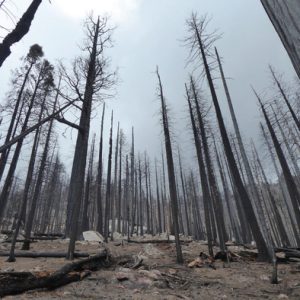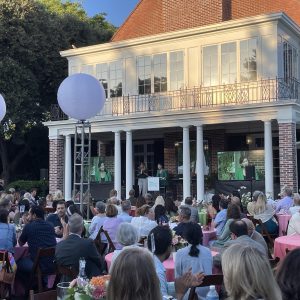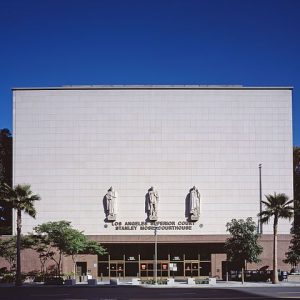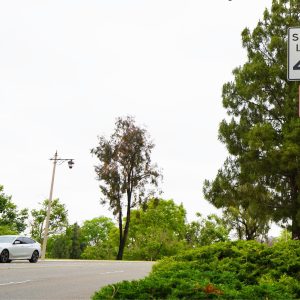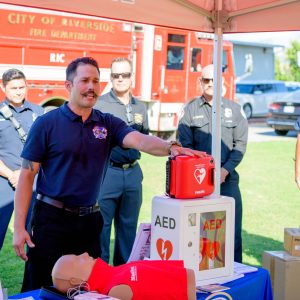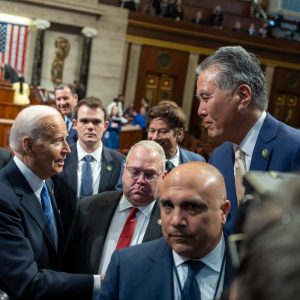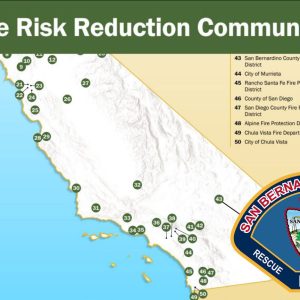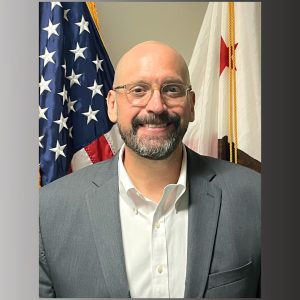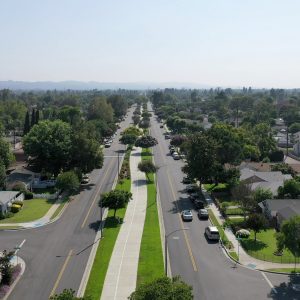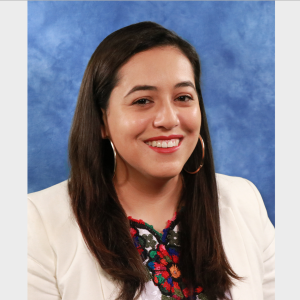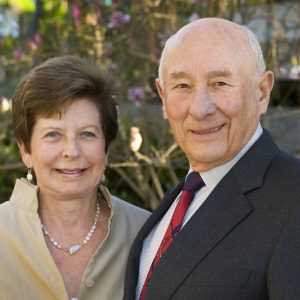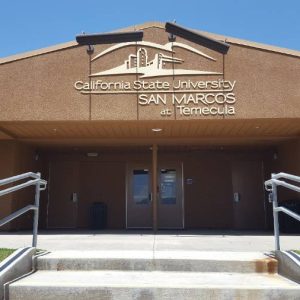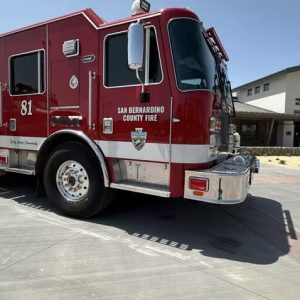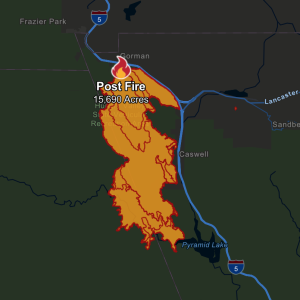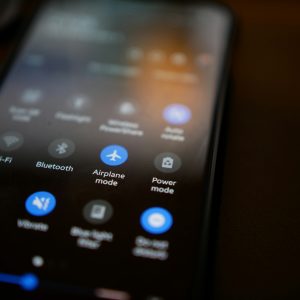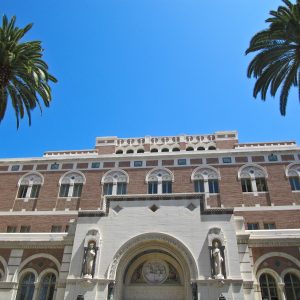 View Winners →
View Winners → State Schools Chief Announces Funding to Baldwin Park, Azusa, and Whittier Schools for Math and Science Instruction to Low-Income Students
State Superintendent of Public Instruction Tom Torlakson announced June 4 that 28 school districts will share nearly $18.2 million in California Mathematics and Science Partnership (CaMSP) grants to enhance math and science instruction for disadvantaged students. Baldwin Park Unified School District, Azusa Unified School District, and Whittier City School District were three of the school districts who received funding. They were given $593,903, $615,828, and $500,000, respectively.
“These grants will provide educators the support they need to teach California’s rigorous new standards to our most vulnerable students,” said Torlakson. “By enhancing the teaching and learning of math and science, students will gain the skills they need to prepare for college and 21st century careers in our high-tech economy.”
CaMSP is a federal grant administered by the state, designed to help local school districts partner with other education groups. These groups must be interested in providing professional development for teachers in math and science, but also technology and engineering, collectively known as STEM. In order to qualify for the grant, at least 40 percent of the districts’ students must be low-income.
Of the 28 districts sharing the $18.2 million in funding, 25 of the districts competed for new funding and were selected based on the quality of their plans to improve math and science education. The remaining three districts were awarded continued funding based on the success of their existing programs. In the group or “cohort” nine winners, their projects offered teachers 60 hours of intensive instruction in how to better teach math and science and 24 hours of follow-up coaching.
For example, Elk Grove Unified School District and the Redding School District each received continued funding because of the success of students in classes taught by teachers who had received CaMSP training. Kings Canyon Unified School District was awarded continued funding for creating a centralized website and list of CaMSP projects statewide.
Science and math instruction are crucial to California’s future. The number of STEM jobs in the past decade has grown three times as fast as other fields, and experts believe that trend will continue into the next decade. The CaMSP grant furthers Torlakson’s STEM Task Force findings in its Innovate report that found in order to maintain world leadership in technology, California must emphasize STEM instruction for students.
For more detailed information, visit the California Department of Education’s CaMSP funding profile web page and the CaMSP Funding Results web page.









